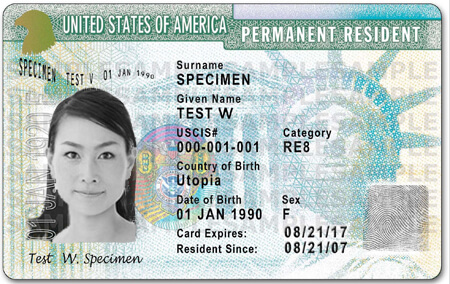Can the Court Require that a Person Be Deported as Part of a Plea Agreement?
On May 12, 2004, when Maricela Rodriguez Gutierrez was placed on community supervision, she agreed her community supervision status would subject her to twenty-nine supervisory conditions. Fifteen of those conditions were general conditions, seven were financial, two were drug-related, two were education-related, and three were immigration-related.
One of the immigration-related requirements of her community supervision (i.e. probation) was that she obtain legal immigration status by the end of twelve months, and if she did not obtain legal status, to leave the country and reside in a location where she does have a legally authorized status. As you can imagine, she failed to do this (if she had satisfied the condition, then I probably wouldn’t be writing about it). Accordingly, the trial court revoked the community supervision.
Appellant now argues that the term requiring that she leave the United States was void and, thus, cannot support her revocation. The 6th District Court of Appeals (Texarkana) agreed. The Court held that upon revocation of community supervision, the violated term—that the defendant leave the U.S.—was void and the revocation could not stand. The Court explained that immigration matters are within the exclusive jurisdiction of the federal government therefore a condition of state community supervision requiring a defendant to leave the country violates the Supremacy Clause of the U.S. Constitution. Thus, a defendant cannot agree and a court cannot order deportation as a part of the plea agreement.
See the Court’s full opinion in Gutierrez v. State.










